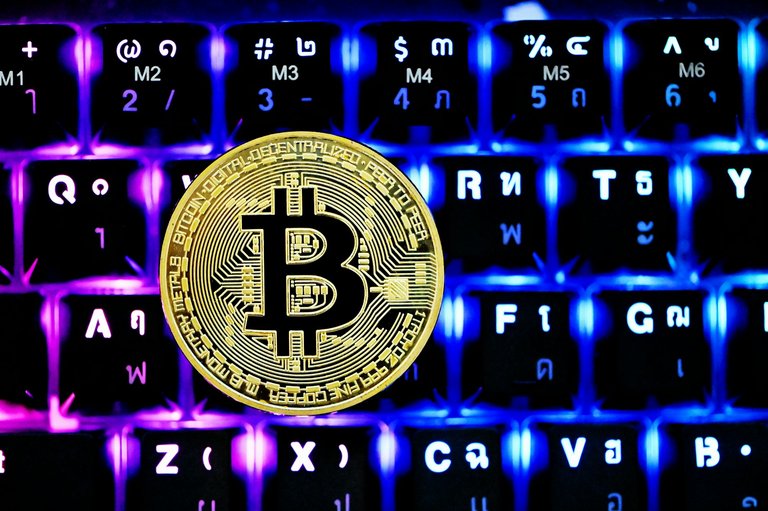Quantum Computer Violence: Is Bitcoin's Future Really at Risk?
In the current cryptocurrency world, Bitcoin is called an impregnable fortress. Its security system is so strong that it is considered almost impossible to break. But with the advancement of technology, a weapon that can strike even this fortress is coming, called quantum computers. The recent incredible progress in quantum computing has made this question even more compelling: is Bitcoin's reign coming to an end?

Src
As I began to research this topic in more depth, I felt that this is not just a technical debate, but rather a reflection of a deep concern about the future of our digital assets. On the one hand, just as technology giant IBM has announced the creation of the world's first "fault-tolerant" or perfect quantum computer by 2029, on the other hand, experts have different opinions about its potential impact.
Where is Bitcoin's weakness?
To understand this in a simple way, you first need to know how Bitcoin is secured. Two technologies are at the heart of its security:
Elliptic Curve Cryptography (ECC): It protects your digital wallet, much like the key to your personal vault.
SHA-256 Hashing: It verifies and secures every transaction.
The problem is, while this security is impossible for today's ordinary computers to break, a powerful quantum computer can easily break ECC security using Shor's algorithm. That is, it can duplicate your vault key. And this is where the main concern begins.
When could this disaster happen? Disagreement among experts
While researching this topic, I found that experts are divided into several camps.
1: Urgent warning (danger is imminent)
Experts in this group believe that we don't have much time. People like David Carvalho, CEO of Nowris Protocol, warned in early June that quantum computers could pose a threat to Bitcoin within the next five years. According to him, new chip innovations from companies like Microsoft prove that we are moving faster than we imagined. He gave another scary piece of information – about 30% of Bitcoin is currently stored in addresses that are most vulnerable to quantum attacks. If this fortress were to collapse, not only would investors be gone, but people’s faith in this technology that has been built for 16 years would also be lost forever.
We heard similar fears from billionaire investor Chamath Palihapitiya. He thinks that it may be possible to break Bitcoin’s $SHA-256$ encryption within the next two to five years.

Src
2: The policy of moving slowly (still a lot of time left)
But not everyone is so scared. Figures like Adam Back, one of Bitcoin’s early proponents and CEO of Blockstream, are much more subdued. He believes that it will still be at least two decades before quantum computers become a viable threat. But he also acknowledges that any major breakthrough in the future could force us all to move our Bitcoins to more secure, i.e. quantum-resistant addresses. He even joked that one day, we might even need to move the coins hidden by Bitcoin’s mysterious creator, Satoshi Nakamoto, to see if he’s still alive!
3: Moderate Researchers (The Danger Is Coming, But Far Away)
Amidst these two extremes, Google quantum researcher Craig Gidney's analysis offers a middle ground. While he doesn't specifically comment on Bitcoin, his in-depth study of the crypto wallet's security layer, encryption, helps to put this risk into perspective. His work suggests that this risk could become a reality between 2030 and 2035. He has shown that it is possible to break strong encryption using much less quantum resources than conventional wisdom suggests.
My feelings and conclusions
After analyzing all this information, what I think is that the threat of quantum computers is not a fictional story, it is a real and imminent challenge. Although experts differ on the timing, almost everyone agrees that the threat is real.
The whole thing can be seen as a race. On one hand, the invention of quantum computers is running, and on the other hand, cryptocurrencies like Bitcoin will have to run to improve their security systems.
Now may not be the time to panic, because building a stable and accurate quantum computer with millions of qubits is still a huge challenge. But there is no room for complacency.
Posted Using INLEO